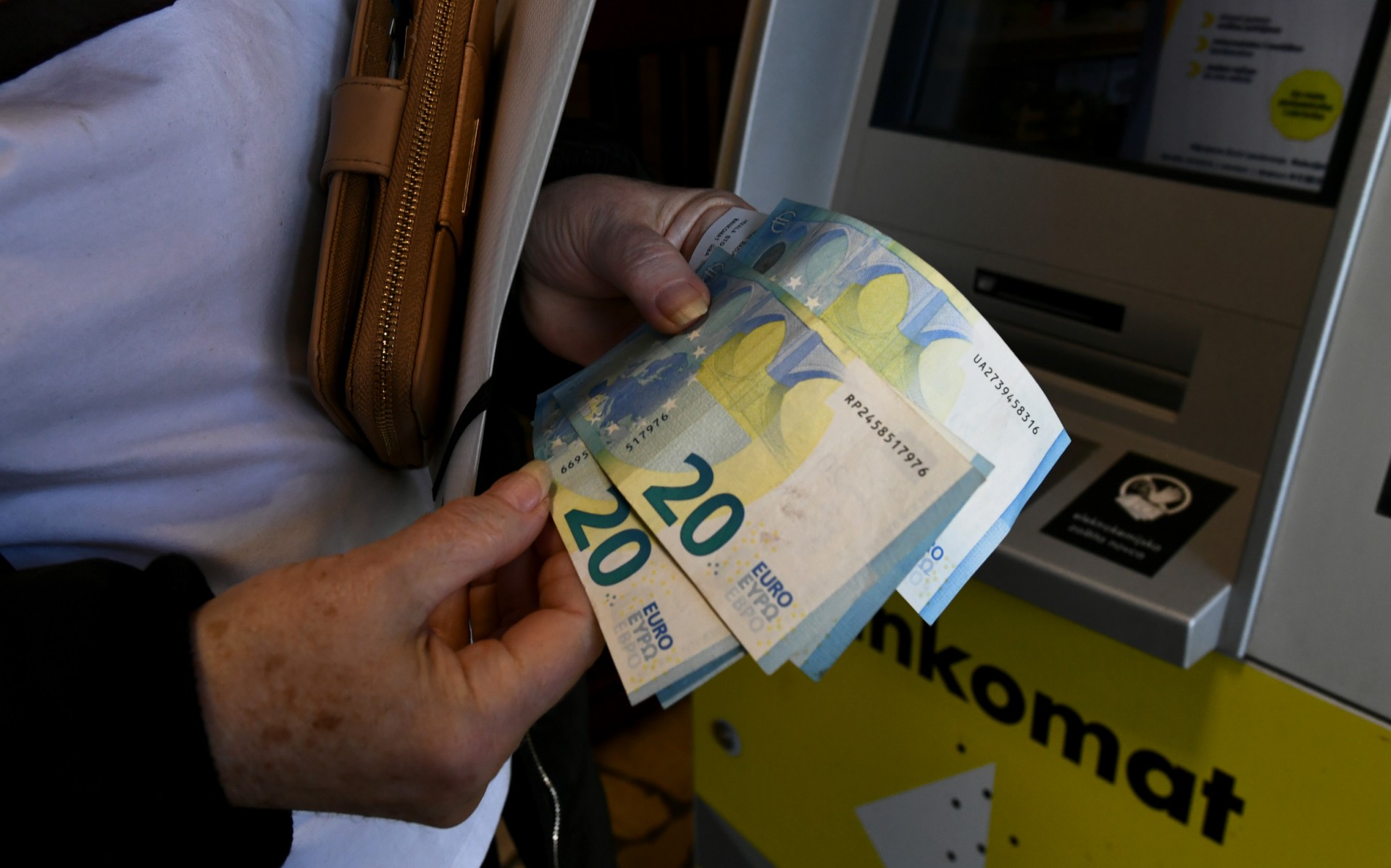Beijing, China – Moody’s further downgraded the credit ratings of Chinese property developer Country Garden on Thursday as the heavily indebted firm faces a crucial vote to avoid defaulting on a bond repayment.
The ratings firm said it had cut Country Garden from Caa1 to Ca, indicating obligations that are “highly speculative and are likely in, or very near, default”.
“The rating downgrades with negative outlook reflect Country Garden’s tight liquidity and heightened default risk, as well as the likely weak recovery prospects for the company’s bondholders,” said Kaven Tsang, a Senior Vice President of Moody’s.
The embattled real estate giant is estimated to “not have sufficient internal cash sources to address its upcoming offshore bond maturity”, according to Moody’s.
The ratings for Country Garden, China’s largest private developer in terms of sales last year, were last cut by Moody’s on August 10, dropping from B1 to Caa1.
Bondholders are holding a crucial vote Thursday to decide whether to allow the firm to delay a bond repayment to give it time to recover financially.
The firm has amassed more than $150 billion in debt and said in August it had failed to make two bond payments, meaning it now risks a default.
The firm’s cash flow woes have fueled fears that it could collapse, which many warn could have catastrophic repercussions for the Chinese financial system and economy.








